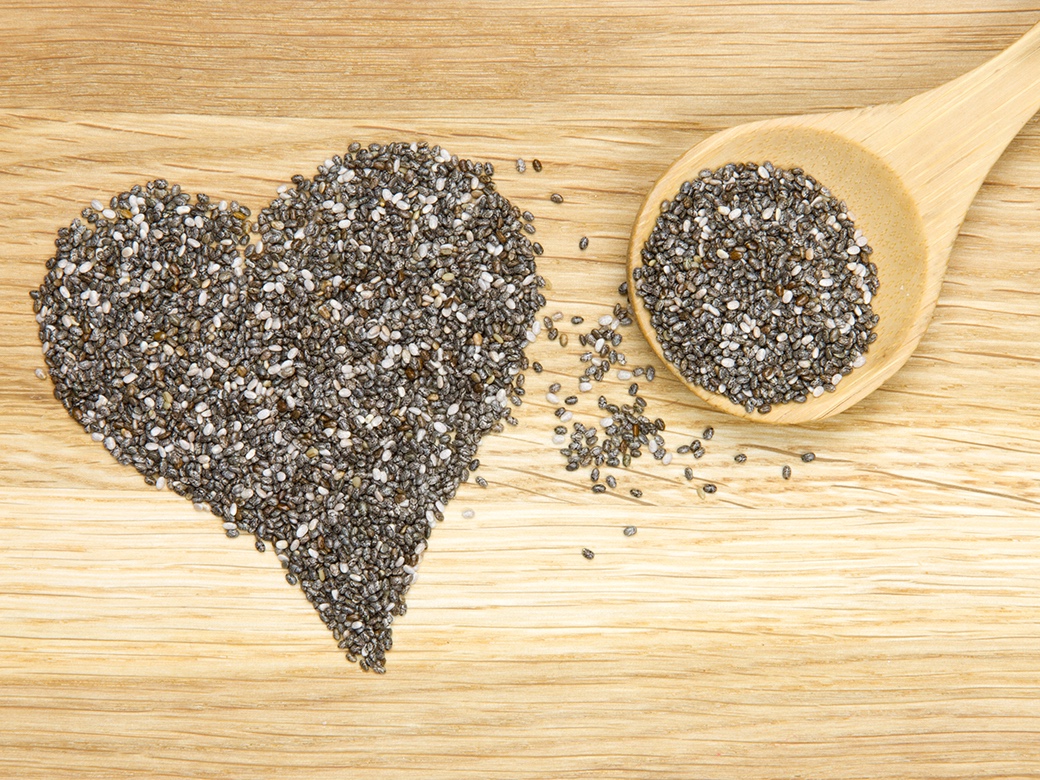Gaining weight as we age feels like some cruel cosmic joke, doesn’t it? One day you’re effortlessly rocking your favorite jeans, and the next, you’re wondering why your metabolism decided to ghost you. The truth is, weight gain as we age isn’t just about eating one too many slices of pizza—it’s a complex mix of biology, lifestyle, and even societal factors. But don’t worry, understanding the “why” behind it can help you navigate the “how” to manage it.
The Metabolism Slowdown: Blame It on Biology
Let’s start with the big one: metabolism. As we age, our metabolic rate naturally slows down. This isn’t just some myth your gym buddy told you—it’s science. Your basal metabolic rate (BMR), which is the number of calories your body burns at rest, decreases over time. This happens because we tend to lose muscle mass as we get older, and muscle burns more calories than fat. So, even if you’re eating the same amount of food as you did in your 20s, your body isn’t burning it off as efficiently. It’s like driving a car with a smaller gas tank—you’re going to run out of fuel faster.
Hormonal Havoc: The Silent Culprit
Hormones play a huge role in weight management, and as we age, they can go haywire. For women, menopause is a major player. The drop in estrogen levels can lead to weight gain, particularly around the abdomen. Men aren’t off the hook either—testosterone levels decline with age, which can lead to decreased muscle mass and increased fat storage. And let’s not forget about insulin resistance, which becomes more common as we age. This can make it harder for your body to regulate blood sugar, leading to weight gain and even type 2 diabetes.
Lifestyle Changes: The Sneaky Saboteur
Let’s be real—life gets busier as we age. Careers, kids, and other responsibilities often leave less time for exercise and meal prep. Plus, stress levels can skyrocket, and stress is a notorious weight-gain trigger. When you’re stressed, your body releases cortisol, a hormone that can increase appetite and lead to fat storage, especially around the midsection. And let’s not forget about sleep—or lack thereof. Poor sleep can mess with your hunger hormones, making you crave sugary, high-calorie foods.
Social and Environmental Factors: The Hidden Influences
Society doesn’t always make it easy to stay healthy as we age. Portion sizes have ballooned over the years, and processed foods are everywhere. Plus, social gatherings often revolve around food and drinks, making it harder to stick to healthy habits. And let’s face it—sitting is the new smoking. Many of us spend hours at desks or in front of screens, leading to a more sedentary lifestyle. Even small changes, like walking less or taking the elevator instead of the stairs, can add up over time.
What Can You Do? Tips to Stay Ahead of the Curve
While you can’t stop the clock, you can take steps to manage your weight as you age. First, focus on building and maintaining muscle through strength training. This can help counteract the natural decline in metabolism. Second, pay attention to your diet—opt for whole, nutrient-dense foods and watch your portion sizes. Third, manage stress through mindfulness practices like meditation or yoga. And finally, prioritize sleep. Aim for 7-9 hours a night to keep your hormones in check.
Gaining weight as we age might feel inevitable, but it doesn’t have to be a one-way street. By understanding the factors at play and making small, sustainable changes, you can stay healthy and feel your best at any age. So, don’t let the number on the scale define you—take control and show your body some love.

























